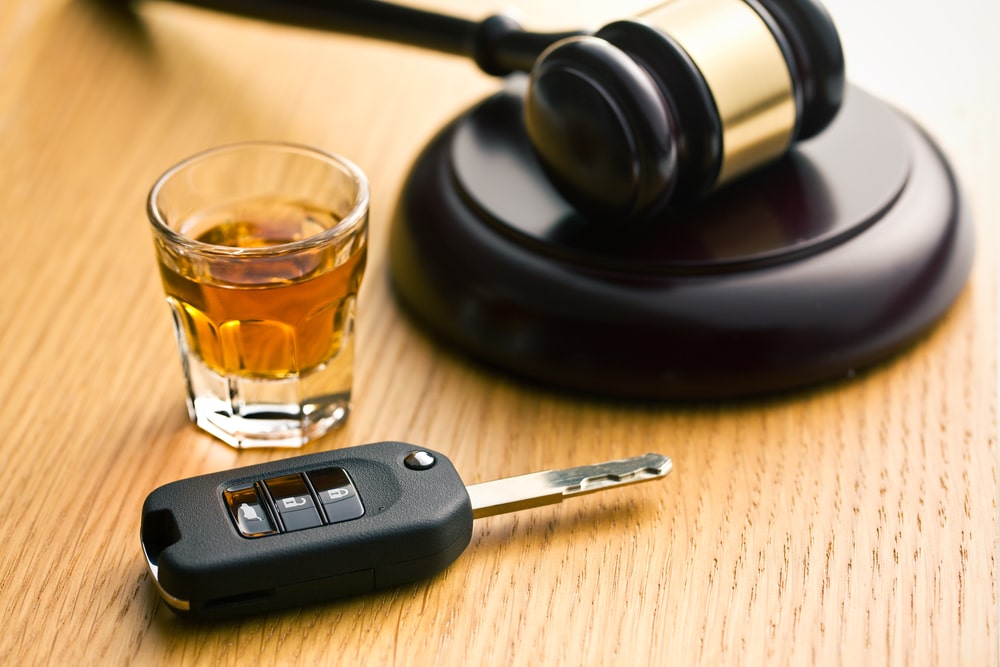What Happens If You Are Charged With A DUI Under 21

Drivers under 21 often face more severe legal consequences for a DUI charge than those over the legal drinking age. Many states apply a zero-tolerance policy when it comes to underage drinking and driving, meaning that even a small amount of alcohol detected in the system can lead to a charge. These cases can result in a combination of criminal penalties, license restrictions, and long-term effects that can follow a young person for years. Attorneys like those at Pioletti Pioletti & Nichols discuss how early legal support and clarity on the process can make a meaningful difference.
Zero Tolerance Laws And How They Apply
In most states, a blood alcohol concentration (BAC) of 0.08% is the standard for adult DUI charges. However, for individuals under 21, the threshold is much lower—often around 0.01% or 0.02%. These laws are designed to discourage underage drinking altogether and hold younger drivers to stricter standards. A BAC that wouldn’t trigger a DUI for someone over 21 can still lead to serious charges for someone younger. This often means that a single drink consumed shortly before driving can be enough to create legal trouble.
Administrative Penalties And License Consequences
One of the first things an underage driver charged with DUI might face is an automatic license suspension. In many jurisdictions, refusing to take a breath or blood test can lead to an immediate suspension, regardless of whether a conviction follows. If the driver submits to testing and is found to have consumed alcohol, the Department of Motor Vehicles may still take independent action to restrict or revoke driving privileges, separate from the court system.
Some states offer restricted licenses that allow limited driving to school or work, but these are not guaranteed. The process for applying often involves fees, proof of enrollment in an alcohol education program, and possibly the installation of an ignition interlock device, even for first-time offenders. These consequences often come swiftly, sometimes within days or weeks of the initial arrest.
Criminal Charges And Court Proceedings
An underage DUI is often treated as a misdemeanor, but the penalties can still be significant. In addition to license issues, young drivers may face fines, court-ordered community service, and mandatory alcohol education classes. In cases where the BAC is closer to or above the adult legal limit, or where other factors are involved—such as reckless driving or causing an accident—the charges may be enhanced. This could include time in juvenile detention or adult jail, depending on the driver’s age and the state’s laws.
Even a first offense can leave a permanent mark on someone’s criminal record. Judges may also consider additional penalties if the driver had passengers in the car, particularly if they were other minors. Some courts may offer diversion programs for first-time offenders, but these vary by jurisdiction and typically require strict compliance with court-ordered conditions.
Collateral Consequences And Long-term Effects
The legal penalties of an underage DUI are only part of the picture. Many young people charged with DUI find that the impact extends into their educational and professional lives. A criminal conviction may need to be disclosed on college or job applications, and insurance rates usually rise sharply following a DUI arrest, sometimes remaining elevated for years.
If the driver holds a scholarship or is part of a school athletics program, a DUI charge can lead to suspension or revocation of those opportunities. Even social consequences—like the loss of trust from family or coaches—can make the situation more difficult to recover from. These effects often serve as a wake-up call for the risks involved in mixing alcohol and driving at any age, especially when just starting out in adult life.
How Legal Representation Fits In
When facing DUI charges under 21, legal guidance can help families make informed decisions about the court process, DMV proceedings, and possible plea options. A DUI lawyer can review the details of the traffic stop, assess whether the officer had valid cause for the arrest, and help challenge or reduce the charges where possible. While each case depends on its specific facts, legal advice can play a key role in avoiding long-term consequences that follow a young person for years to come.
An experienced attorney can attest that early legal action, paired with a clear understanding of the rules involved, can help underage drivers manage the process in a more structured way.








